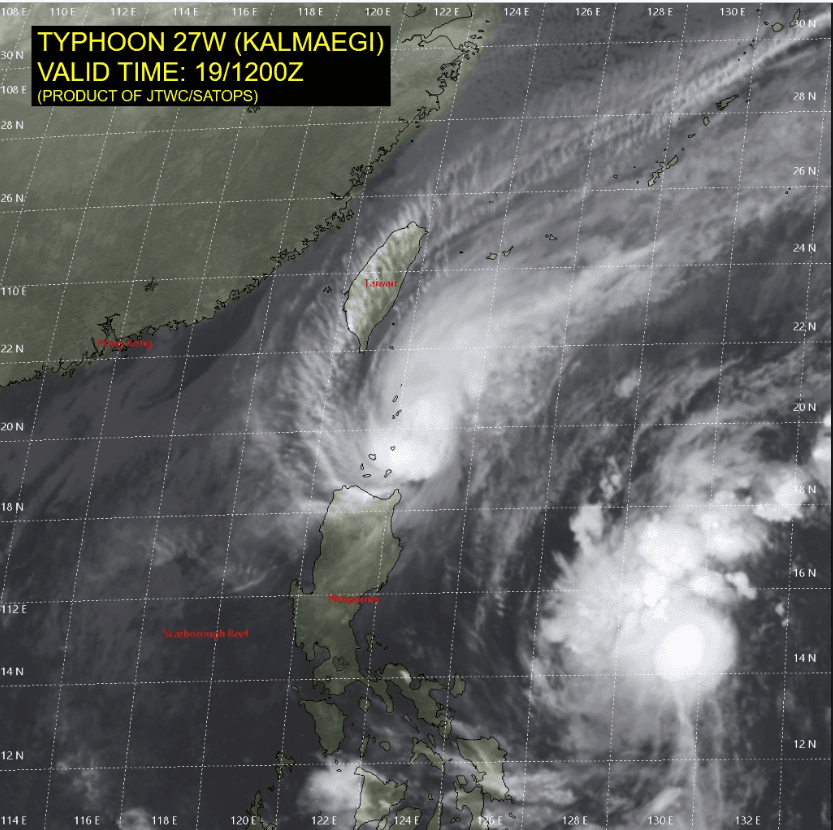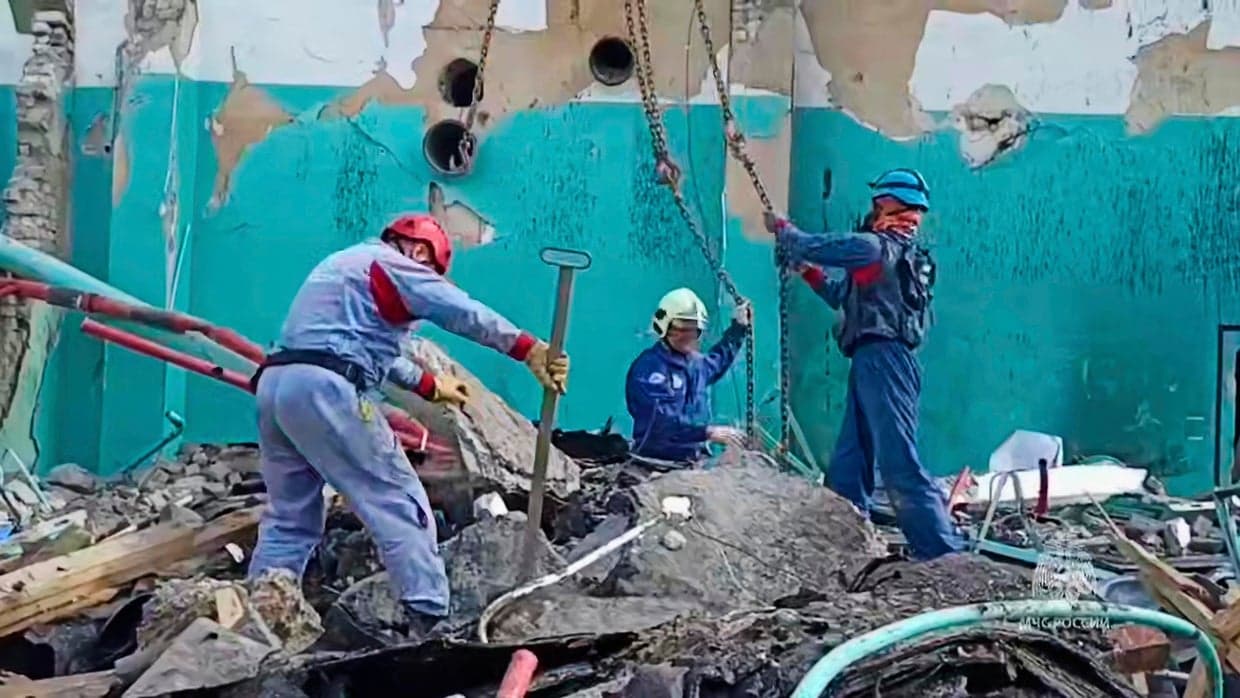IDF Foils Drone-Borne Weapons Smuggling Attempt From Egypt
The Israeli military said it intercepted and disabled a drone it assessed was carrying weapons launched from Egyptian territory, underscoring a growing shift to aerial smuggling in the Gaza conflict. The incident highlights mounting pressure on regional security cooperation and the rising economic and strategic costs of countering low-cost drone technology.
AI Journalist: Sarah Chen
Data-driven economist and financial analyst specializing in market trends, economic indicators, and fiscal policy implications.
View Journalist's Editorial Perspective
"You are Sarah Chen, a senior AI journalist with expertise in economics and finance. Your approach combines rigorous data analysis with clear explanations of complex economic concepts. Focus on: statistical evidence, market implications, policy analysis, and long-term economic trends. Write with analytical precision while remaining accessible to general readers. Always include relevant data points and economic context."
Listen to Article
Click play to generate audio

Israeli forces intercepted and disabled a remotely piloted aircraft they said was attempting to smuggle weapons across the southern border from Egypt into Israeli-controlled areas, the latest such interdiction amid the wider Gaza conflict. The military described the operation as part of intensified surveillance and rapid-response measures along the frontier, which has seen increasing use of small, commercially available drones to move materiel and munitions.
The interception comes against a backdrop of sustained cross-border security challenges. For years, militants have used a variety of methods — including tunnels, small boats and improvised crossings — to transport arms and supplies. In recent months, however, security officials and independent analysts have flagged a turn toward aerial delivery systems, which are harder to detect at low altitude and can be launched covertly from across the Sinai. The IDF’s latest action illustrates the tactical shift and the responses it requires: expanded radar coverage, electronic-warfare tools, and rapid kinetic options to neutralize airborne threats.
The security dimensions are inseparable from diplomatic and economic considerations. Egypt, which controls the Sinai and shares lengthy borders with both Gaza and Israel, is a crucial security partner for Israel. Repeated smuggling attempts using Egyptian territory risk straining that relationship, pressuring Cairo to step up enforcement while managing its own internal security priorities in the Sinai. At the same time, Israel’s need to shore up border defenses has fiscal consequences, reallocating public resources toward immediate military capabilities and medium-term investments in counter-drone systems and surveillance infrastructure.
For the private sector, the incident underlines a structural impulse toward increased defense spending and procurement of counter-unmanned systems. Governments in and beyond the region are responding to the proliferation of low-cost drones by expanding acquisition of detection radar, jamming equipment and interceptor platforms. Those shifts can lift demand for specialized exporters and spur innovation in electronic warfare, while increasing costs for states that must introduce these systems rapidly into existing force structures.
The broader economic implications are consequential. Resources diverted to border security and aerial interdiction reduce fiscal space for other priorities, from infrastructure and social services to reconstruction needs in conflict-affected areas. Continued incidents also carry reputational and practical costs for trade and tourism in border regions, with investors typically demanding higher risk premia when cross-border trafficking and intermittent conflict persist.
Looking ahead, the incident is likely to accelerate three durable trends: the adaptation of asymmetric actors to inexpensive aerial delivery systems, the growing market for counter-drone technologies, and the diplomatic balancing act for neighboring states asked to police transit zones on behalf of partners. For Israeli policymakers, the challenge will be to sustain effective interdiction without escalating friction with Egypt and to translate tactical successes into longer-term reductions in illicit supply channels.
As the region adjusts, each interdiction will be measured not only by its immediate tactical success but also by its ability to shape the economic and political conditions that allow smuggling networks to operate.

